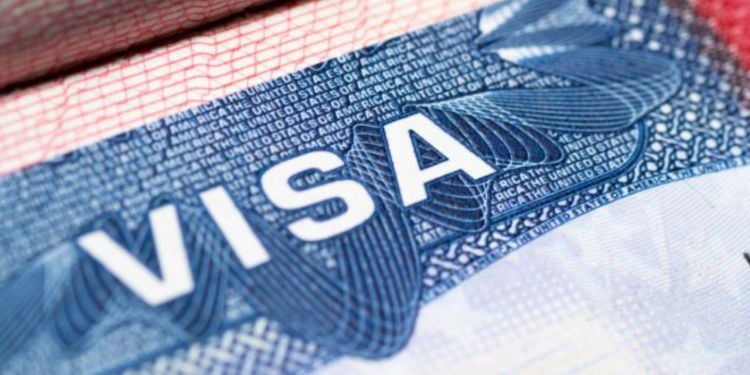
Scotland is very open towards expats, even after Brexit. If you’re an EU/EFTA citizen, you can travel to Scotland with a valid ID or passport for an unlimited amount of time (consult our section on Travelling to Scotland). Third-country nationals will need a visa to enter and stay in Scotland, but the good news is that most different types of visa have recently been replaced by a single option, making the process much more simple.
The Standard Visitor Visa
The Standard Visitor Visa covers most cases. You can apply for it if you're a third-country national visiting Scotland (or the UK in general) on holiday, to see family and friends, to participate in events (sports- or arts-related), for business purposes or to receive private medical care. This type of visa has replaced all previous, specialised visas such as 'Family Visitor', 'General Visitor', 'Business Visitor', 'Prospective Entrepreneur', 'Sports Visitor' etc. With the Standard Visitor Visa, you can stay in Scotland for up to 6 months and partake in any business-related activities, like conferences, training seminars, events, performances (if you're an artist), research (if you're an academic), fundraising trips for startups/businesses, clinical attachments or observer posts for doctors/dentists. You can also study for up to 30 days, however, you are not allowed to work, volunteer, or get public funds.
Good to know:
While in Scotland on a Standard Visitor Visa, you are also allowed to convert your already existing civil partnership into a marriage, if you wish to do so. But you can't marry from scratch or register a new civil partnership.
Find more information on what you can and can't do with a Standard Visitor Visa here.
The Standard Visitor Visa will allow you to stay in Scotland for up to 6 months and costs 93 GBP. You can extend it to 11 months for medical treatments with a fee of 186 GBP, or if you are an academic on sabbatical and coming to Scotland for research (again, a fee od 186 GBP applies). There is also the possibility to issue a long-term Standard Visitor Visa, if you're planning on visiting Scotland frequently. The fees are 350 GBP for 2 years, 636 GBP for 5 years and 798 GBP for 10 years, but bear in mind that you're only allowed to stay in 6-month periods; then you have to leave and come back again.
Good to know:
The process for issuing a Standard Visitor Visa usually takes about 3 weeks, but you can apply for it up to 3 months before the date of your travel. Processing times may vary depending on the country you're applying from, so you are advised to make use of the 3-month window if you can.
To work and study in Scotland
If you plan to work in Scotland, there are various different scenarios visa-wise. If you've been sponsored by an employer or you're transferring to a different outpost of your company, you will need a Tier 2 visa. If you are a temporary worker, then Tier 5 visa is the best fit for you. If you're coming to Scotland as an au pair, then the process may differ depending on which country you're coming from ' enter your country of origin to the Immigration official website to find out more. If you want to study in Scotland, you usually need a Tier 4 visa.
Good to know:
For all other cases, such as to live with a family member who is already in Scotland, to get a UK ancestry visa, to set up or run your own business or to prove you have the 'right of abode' in Scotland, you should use the Visa4UK service.
Do you need to test for tuberculosis?
To stay in Scotland for more than 6 months, you may need to test for tuberculosis if you're a national of some specific countries. If that is the case, you will have to do an x-ray, or even be asked to give a sputum sample. If your results are clear, you will be given a certificate of health that is valid for 6 months ' you should include this certificate with your visa application.
Find out more about the countries whose nationals need to be tested for TB, here.
We do our best to provide accurate and up to date information. However, if you have noticed any inaccuracies in this article, please let us know in the comments section below.








